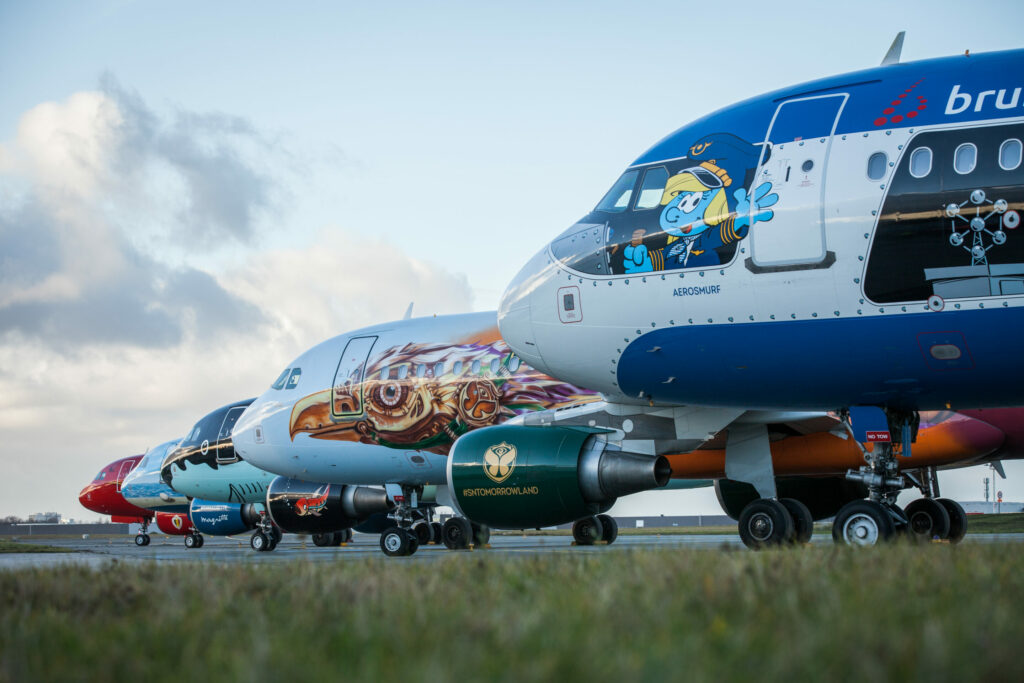The airline industry is set for a record-breaking year in 2024, expecting turnover approaching $1 trillion and close to five billion passengers, thus bouncing back from the blows dealt by the Covid-19 pandemic.
The 2019 figure of 4.54 billion passengers will be left far behind, the International Air Transport Association (IATA) reported at its general assembly in Dubai. IATA now expects to carry 4.96 billion people this year, outperforming a previous forecast of 4.7 billion.
The organisation has also raised its projection with regard to the cumulative profits of its carriers worldwide - to $30.5 billion as against the previous figure of $25.7 billion.
Pandemic losses amounted to some $183 billion
IATA believes airlines netted $27.4 billion in 2023, up from the $23.3 billion predicted in December.
The health crisis led to huge losses in the airline sector, with IATA estimating these at $183 billion between 2020 and 2022. The projected 2024 results are hailed as "a huge success given the recent serious losses due to the pandemic," IATA Director General Willie Walsh said at the general assembly.
Air transport is also anticipating a record turnover of $996 billion this year, surpassing the previous forecast of $964 billion for 2024, and way above 2019’s $838 billion.
Record turnover but profitability remains low
However, Walsh pointed out that these figures should not obscure the fact that profitability has remained relatively low, with a net margin of 3% in 2024.
“This is unfortunately not a record, but it represents a great success considering where we were a few years ago,” Walsh said. “At barely $6.14 per passenger, our profits are very low, it's barely enough for a coffee in many parts of the world.”
Air freight turnover, which skyrocketed to $210 billion in 2021, will fall back to $120 billion this year, down from $138 billion in 2023, IATA predicts. However, this is still greater than the $101 billion registered in 2019, before the health crisis.
Record-breaking costs
Airline costs are also expected to break records this year, at $936 billion, bumped up in part by a fuel bill of $291 billion -31% of operational costs - based on kerosene at $113.8 per barrel.
“It is very important that we achieve sustainable profitability. This will allow companies to fully invest in the products our customers want, and the means to achieve net zero CO2 emissions in 2050,” Walsh stressed, highlighting a flagship commitment of the aviation sector.
Air transport currently emits less than 3% of global CO2, but is under scrutiny as it is used by a small fraction of the world's population. Its climate impact is likely higher due to nitrogen oxide emissions and contrails.
To achieve net zero CO2 emissions by 2050, IATA is banking 65% on fuels of non-fossil origin (sustainable aviation fuel - SAF), with new technologies, including hydrogen aircrafts, operation optimisations, and carbon offsetting, accounting for the rest of the reduction.
Next stop, India
Still, despite a predicted tripling of SAF production this year compared to 2023, such fuels will represent just 0.53% of total global fuel consumption in commercial air transport in 2024, according to IATA.
After Doha in 2022, Istanbul in 2023, and Dubai in 2024, IATA will hold its next general assembly in India, another country at the forefront of aviation development, the association revealed on Monday.
The budget Indian company IndiGo, which caused a sensation in 2023 by ordering 500 single-aisle Airbus aircraft in the largest volume contract in civil aviation history, will be hosting the meeting in New Delhi.

